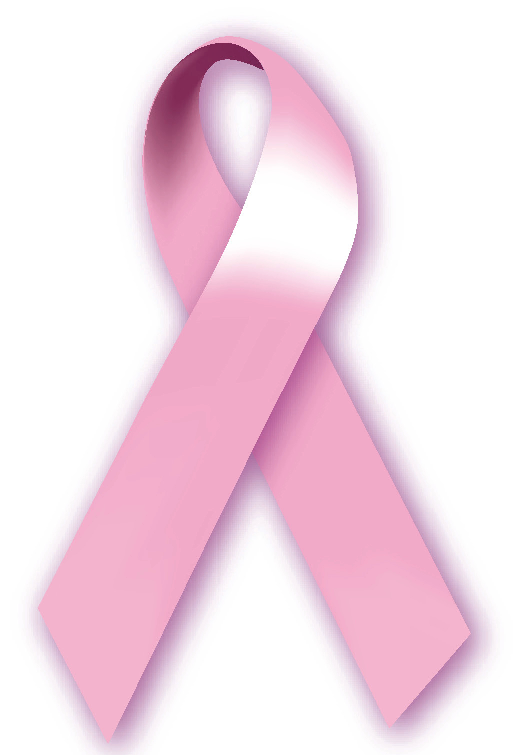|
I don't usually do gender-specific newsletters, but since  October is breast cancer awareness month, I thought it only fitting to discuss the measures you can take to reduce your risk of this disease. And while men are not immune to the illness, breast cancer predominately strikes women. So gentlemen, this one is for the ladies in your lives. Please pass it on to a mother, sister, friend, colleague or daughter who may benefit from the advice. Thank you! Together through awareness and action we can hopefully eradicate this killer.
Over the course of our lifetime, nearly one of every eight women will be diagnosed with breast cancer, which is the most common form of cancer among women and the second most deadly. And while the five-year survival rate is good, if caught early, and the death rate continues to fall, we lose far too many loved ones to this horrific illness.
There are several factors that increase your risk - being female, getting older, having a mother, sister or daughter diagnosed with the disease and your exposure to estrogen over your life time are the most notable. Calculate your risk here. Unfortunately we can't change our DNA, but thankfully through healthy diet and lifestyle choices we can influence and possibly alter their expression. Following the advice below can not only reduce the chance of developing breast cancer, but it can also lessen the chance of a reoccurrence.
In good health,
|